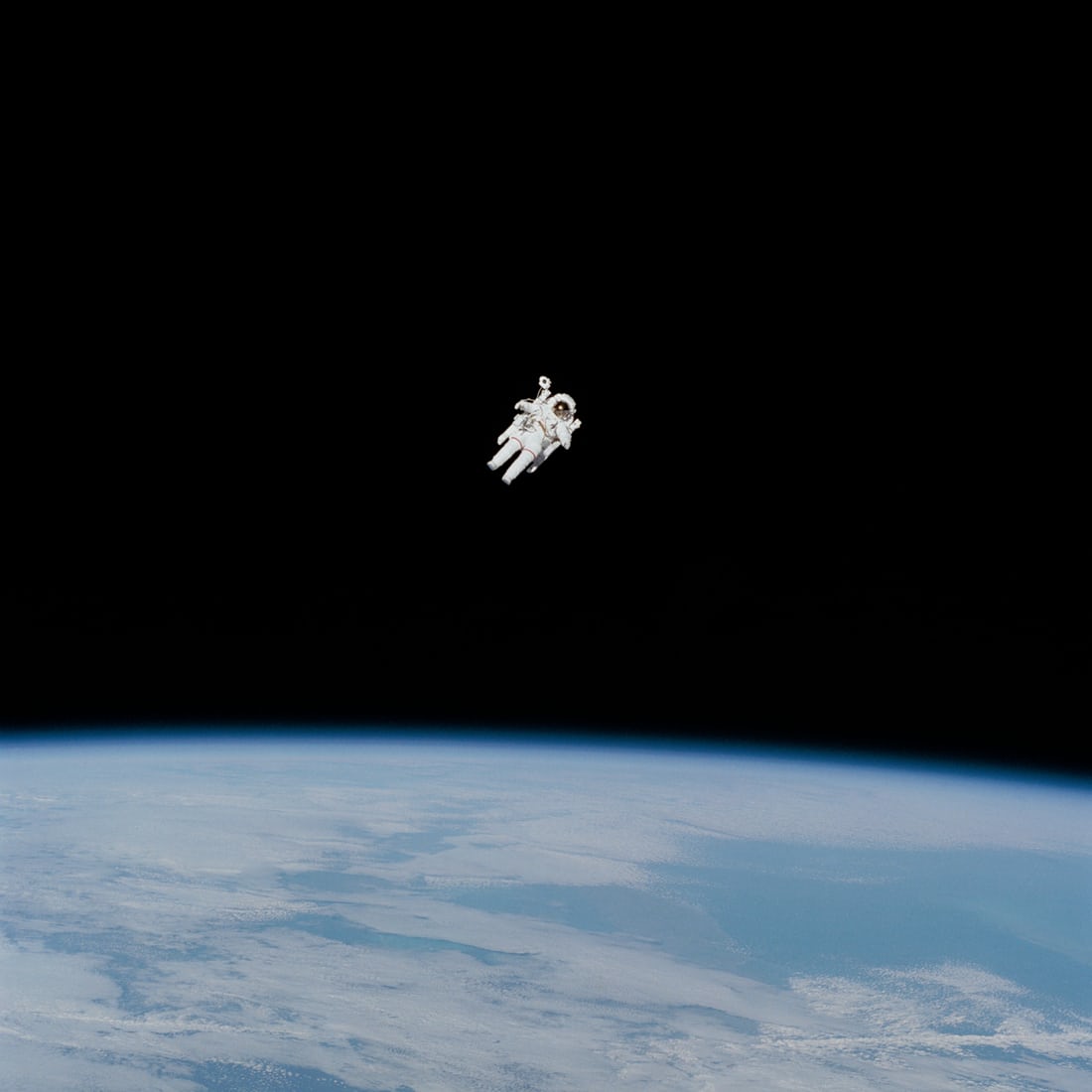
Gravity and Human Physiology…
By Ayinla Daniel. RN Rctn (in-view)
Have you ever wondered how your body would function if you were living in space under zero gravity? Understanding the human body in space the human body in space is an endeavour that is being researched [by bodies like NASA] and progress is recorded on a regular basis.
The human physiology tends to change when it is subjected to a condition of reduced or zero gravity, this physiological change which is mainly observed in the cardiovascular system is an indicator that life outside earth – in space may not be a very good option. Though we may be able to come up with solutions – which may currently exist experimentally.
Gravity has been around since the beginning of life on earth. Every living species on Earth from the invincible bacteria to man and plants are all used to the force of gravity, changing this conditioning will definitely come with consequences.
The possibilities of life outside earth is a dream that before our eyes is materialising, though it will take some time and even sound ridiculous to some, it is a reality.

As we are thinking about life in space, it is very normal if we then begin to think about the economy in space, what about business and trade? What about health care? We will definitely be needing Doctors and Nurses in space.
The most important physiological changes that occur when the body is subjected to an environment of zero gravity includes;
- Reduction in bone mineral density; marked muscle atrophy
- The cardiovascular system is affected; gravity has an influence on fluid pressures, the heart pushes against gravity, making it possible to generate physiological pressures that are vital for life, under an environment of zero or reduced gravity, these mechanisms are impaired with possible resultant pathologies.
- pulmonary function is distorted [the lungs expand by moving against the force of gravity].
- fluid regulating functions are disturbed;
- The kidneys will suffer because more calcium is released into the bloodstream due to bone density loss.

Let’s now take a look at the importance of gravity to human physiology.
The physiological importance of gravity:
- Gravity keeps us fit. The force of gravity is responsible for our weight, each day we carry our weights – we are forced to move against the force of gravity. This exercise keeps our muscles alive preventing atrophy.
- Gravity is responsible for blood pressures as the heart pumps against gravity, creating venous pressures and other cardiovascular pressures.
- There’s the mechanism of balance which is kept in function due to the gravitational pull. [Spatial orientation is made possible by the force of gravity].
- Gravity affects the growth of cells [ cells are bigger in areas with less gravity and smaller in areas with more gravity].
You have been able to get a glimpse into the physiological importance of a natural force you never gave attention to, this little information will make you appreciate more the force of gravity and it’s importance to your existence as a human being.
Photo credit: NASA @unsplash
Saksham Gangwar @unsplash
Peter Gonzalez @unsplash.






Drop Your Comment